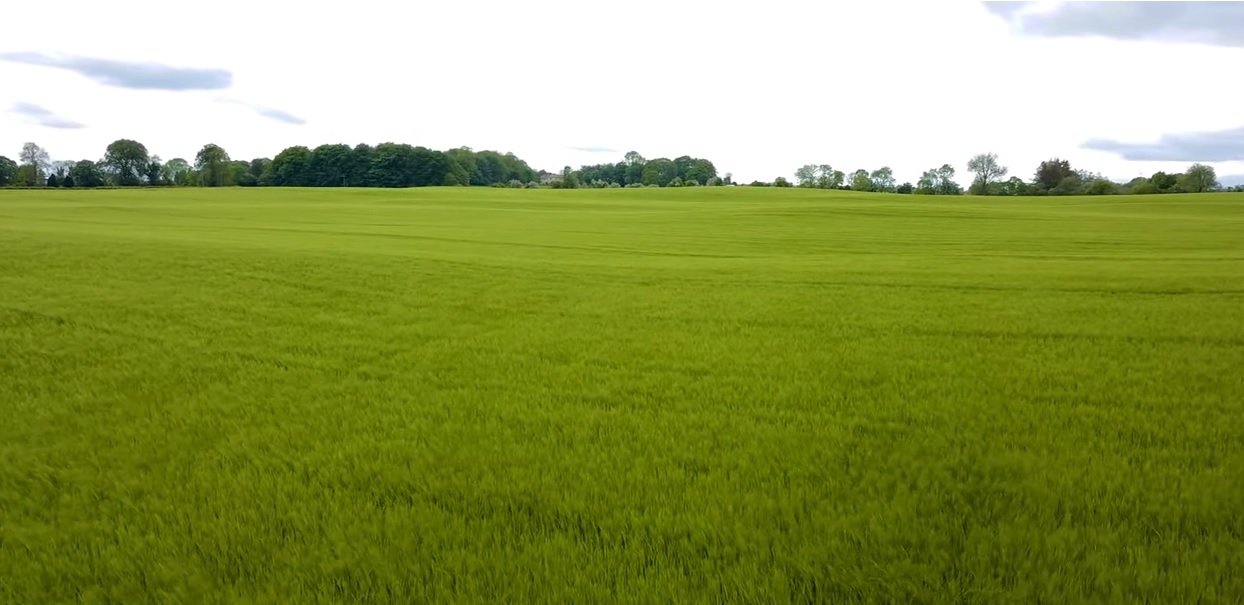The EU’s ‘Farm to Fork’ strategy is now open to public feedback through the European Commission’s website.
The feedback period began on Monday of this week, February 17, and will run for about four weeks until 12:00am on March 16 (11:00pm on March 15 Irish time).
In order to register to give feedback on the plan, click here.
On the feedback page of its website, the commission said: “A sustainable food strategy is key to achieving the goals of the EU’s Green Deal.
“This strategy sets out the regulatory and non-regulatory measures needed to create more efficient, climate-smart systems that provide healthy food, while securing a decent living for EU farmers and fishermen,” it adds.
The webpage explains: “Feedback will be taken into account for further development and fine tuning of the initiative. The commission will summarise the input received in a synopsis report explaining how the input will be taken on board and, if applicable, why certain suggestions can’t be taken up.
Feedback received will be published on this site and therefore must adhere to the feedback rules.
The new strategy is aimed at reducing the use of pesticides, fertilisers and antibiotics as part of the Green Deal.
According to the commission, it is hoped that the strategy will “strengthen [farmers’] efforts to tackle climate change, protect the environment and preserve biodiversity”.
Among the main points of the strategy is increasing the “level of ambition” to significantly reduce the “use and risk of chemical pesticides, fertilisers and antibiotics”.
The commission says that it will identify measures needed to bring about these reductions, based on stakeholder dialogue.
Improving information for consumers about food is also cited as a goal of the strategy. This information will include the origin of agri-food produce, as well as its nutritional information and its environmental footprint. This will be achieved through “clear labeling and accessible information”.
